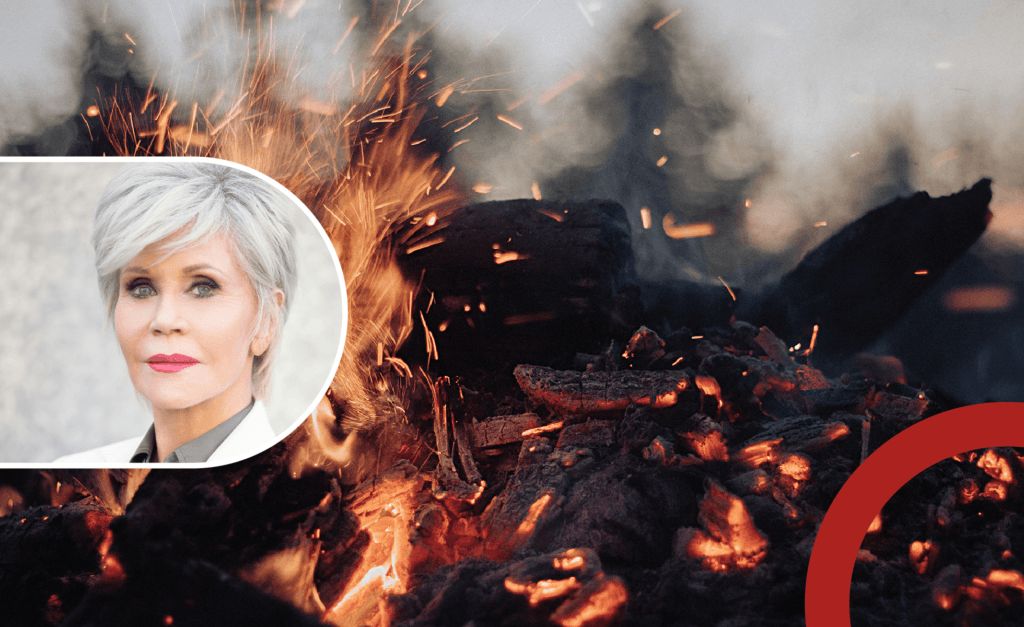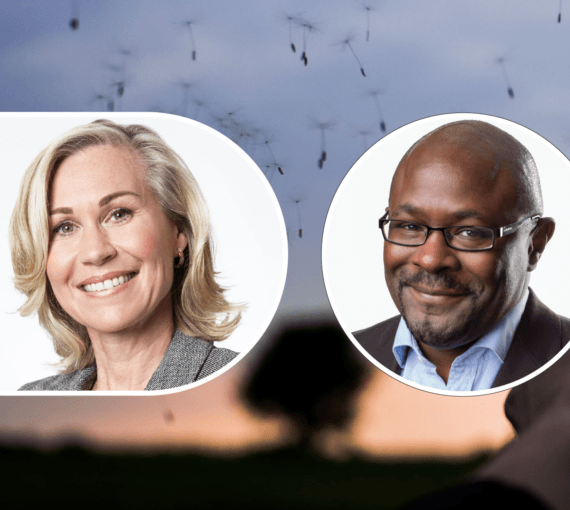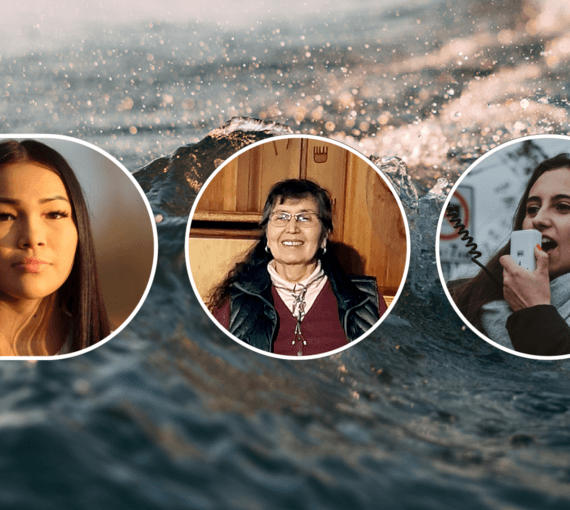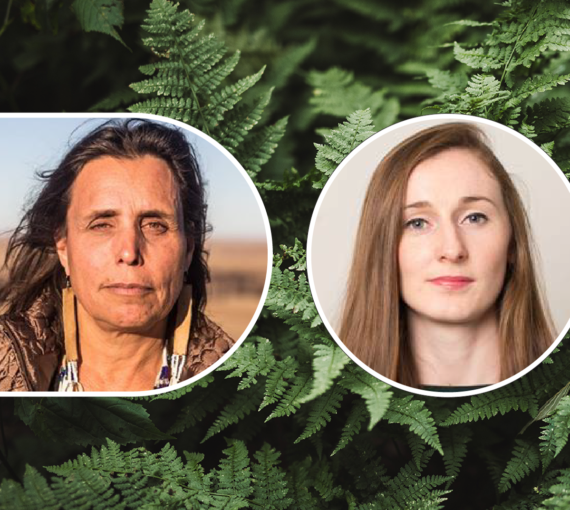
Actor, activist and author Jane Fonda.
Summer was marked by fire in the streets and the sky. The wave of protests following the killing of George Floyd, Ahmaud Arbery, Breonna Taylor, Regis Korchinski-Paquet and too many other Black and Indigenous people mirrored the intensity and scale of the historic climate protests last fall.
I’ve been involved in the climate and anti-racism movements for over half a century. I haven’t seen protests of this size in a generation. Across Canada and around the world, moms, dads, grandparents and young people filled the streets — people like you and me, who know that a better future is within our grasp.
Now, as we grapple with the COVID-19 pandemic and how we might recover from it, we have an unprecedented opportunity to create that better future.
That’s really what Season 1 of The David Suzuki Podcast is about: how the arrival of the COVID-19 pandemic, this historical moment, has given us a chance to find a healthier, happier, equitable and sustainable way forward.
“We are all in this together” has become a mantra during the pandemic. But as a scientist, I recognize it’s more than that. As biological beings we are connected to one another, and to the complex web of life here on Earth. We are the elements — fire, air, earth, water — and spirit. My great hope is that by coming back to this fundamental understanding of who we are, we can find a better path as we navigate the pandemic. The elements are the most fundamental requirements for life to flourish. They are a gift from nature that we should accept with gratitude and care.
The first episode of the season “COVID-19 and the Basic Elements of Life” looks at fire. Some of our earliest vestiges of human activity are ashes of deliberately set fires. Taming fire was an enormous step for our species, providing warmth, light, protection against animals, cooking and companionship. In fact, we even have fire in us, in every cell in our body, through the transfer of energy from the sun through the photons of sunlight captured in the chloroplasts of plants we eat.
It was when I became an activist that I knew I wanted to live, what my purpose was and that my time wasn’t being wasted on Earth.
Jane Fonda
We often refer to highly motivated people who call for change as having “fire in the belly.” That’s why I invited my friend Jane Fonda to speak with me. She has had fire in her belly for decades. You may know her from her Oscar- and Emmy Award–winning acting career, or her famous workout videos, but since the late ’60s, Jane has been a dedicated activist. She’s fought for women’s rights and Indigenous rights and in recent years, she’s been championing the fight against climate change. Her protests in Washington, D.C., Fire Drill Fridays, answer the alarm sounded by young people like Greta Thunberg, who, in her speech to the World Economic Forum, famously said “Our house is on fire.”
“People should join movements,” Jane tells me. “Individualism is the tool of the ruling class. We have to work together in concert with like-minded citizens, in movements that are experienced and strategic. It was when I became an activist that I knew I wanted to live, what my purpose was and that my time wasn’t being wasted on Earth. Activism saved me; career was secondary.”
I also speak with the David Suzuki Foundation’s Sherry Yano, who is leading our work on clean energy. An engineer by trade and climate policy expert, Sherry is helping advance Canada’s renewable energy future.
When I ask for her thoughts on our theme, Sherry calls to mind the wildfires in California, Australia and before that in Alberta and Saskatchewan. “I think all our hearts jump right into our throats when we see people caught in those tragic events,” she says. “Scientists have long predicted that extreme weather events would increase in frequency and severity, and now those impacts are very hard to ignore.”
Sherry is working to raise awareness of why the future needs to be not just sustainable but equitable too, and what the Canadian government can do to help create a green and just recovery from COVID-19. She notes the government is making investments to help us get back on track economically and says, “these will likely be some of the biggest investments that we see in a lifetime. And so we need to use these investments to deal with the multiple challenges we face.” Whether it’s the climate crisis or COVID-19, Sherry underscores the importance of looking at who is being most affected. “We need to right our relationships with Indigenous nations and Black communities and people of colour because everyone needs to share in the benefits more fully.”
Lastly, I speak with Ian Mauro, executive director of the Prairie Climate Centre and associate professor at the University of Winnipeg. He’s a scientist and filmmaker I’ve had the great fortune of producing a number of films with, and he specializes in climate change communications. I ask him how we can tell the right stories to get our messages out. He stresses we need stories that people see themselves in.
“If you don’t see yourself in the story, then it’s somebody else’s issue,” Ian says. “It gets into ‘not in my backyard’ and climate change is this existential threat that no one can solve. I think that’s a critical piece in this, because we need cohesion. We need people to come together on this issue. So that story needs to be one of inclusiveness.”
With the world slowing during the pandemic, we’ve had time to reflect on where we are, how we got here and where we are going. That’s why these stories matter. During lockdown, I tried to make the most of every moment to rediscover the wonders of nature, damaged though it is, and that renewed my desire to protect it, including by making this podcast. A return to the fundamentals, those basic elements of life, will help us seize this unique opportunity to rediscover our place on this beautiful living planet.



